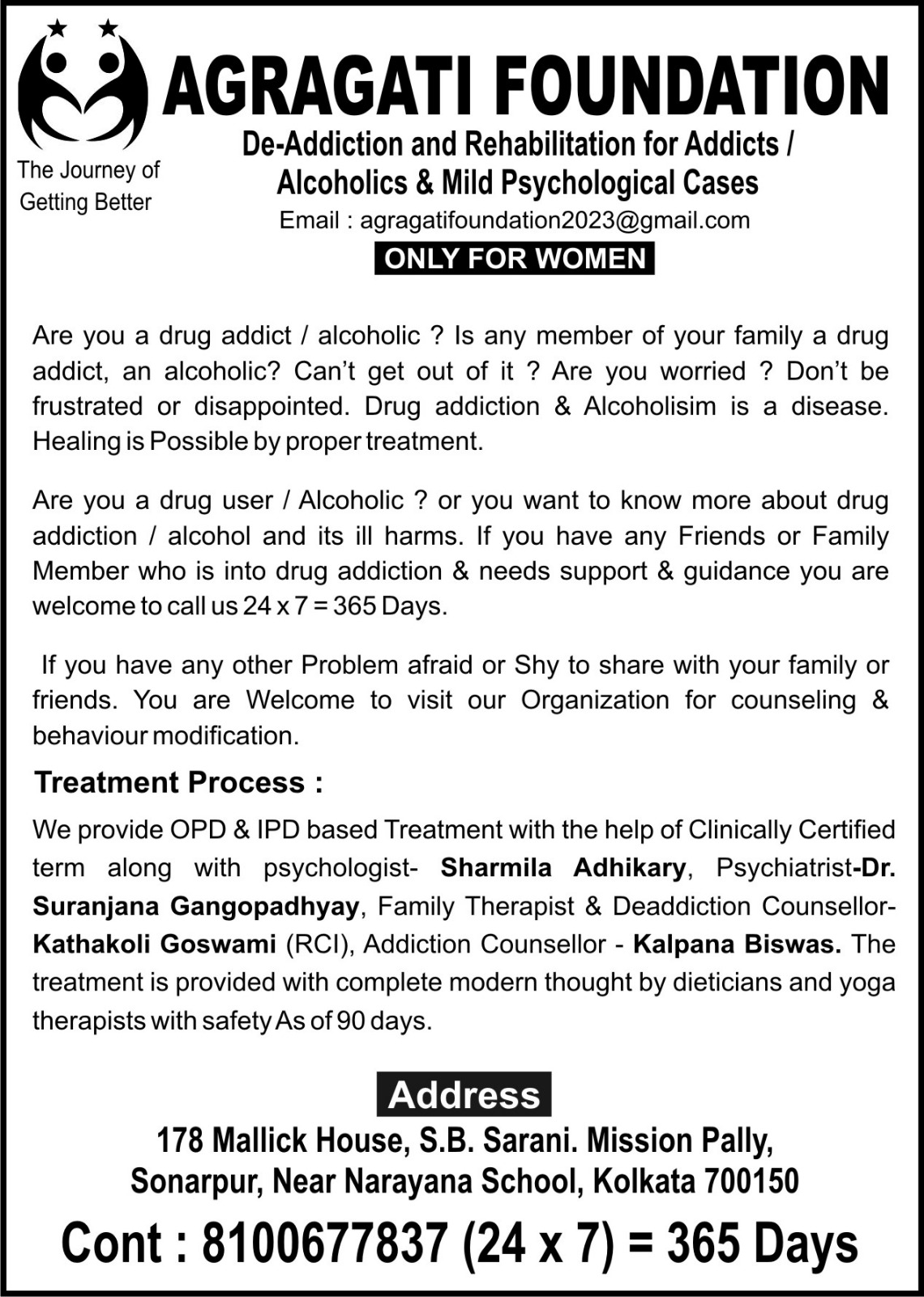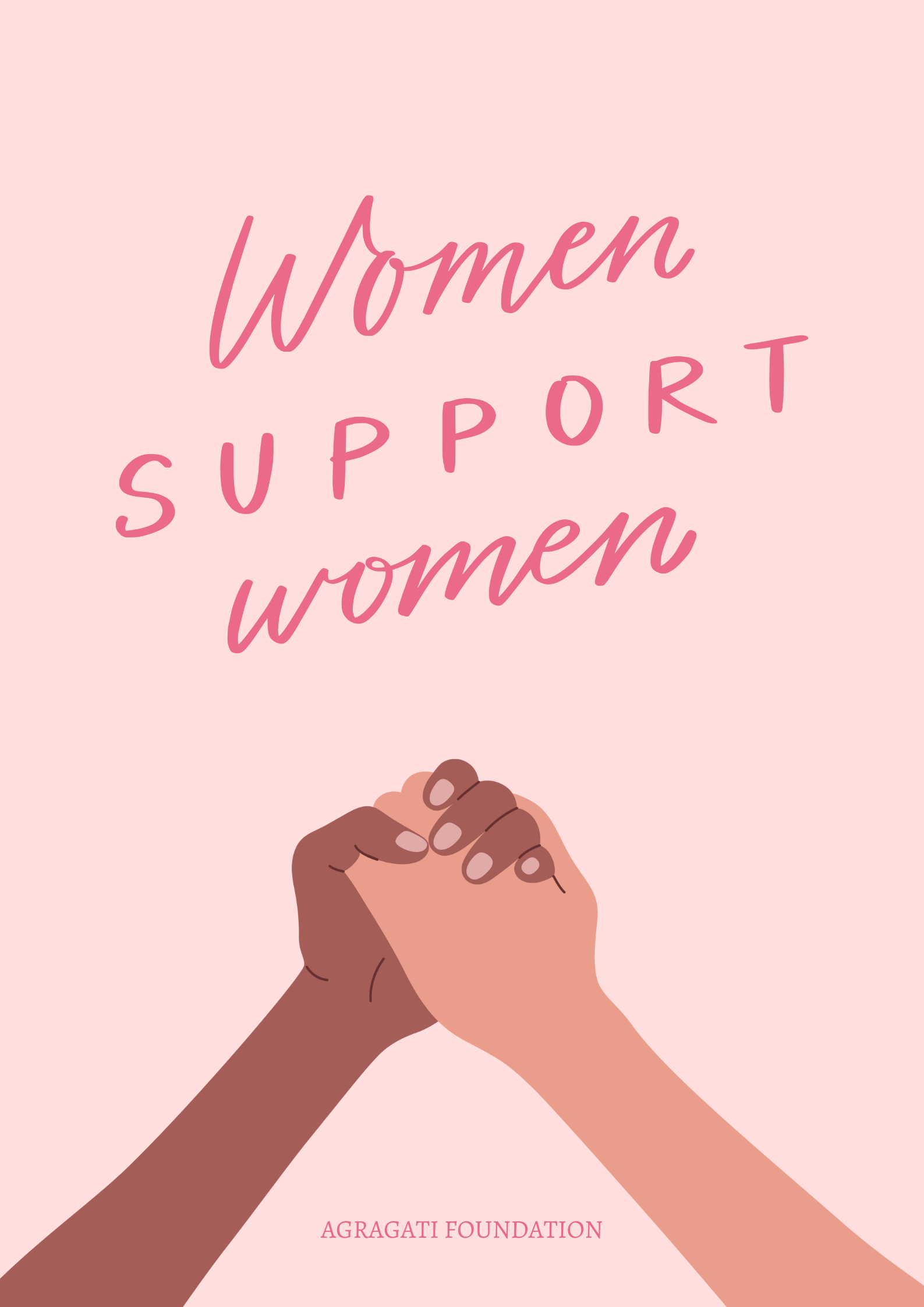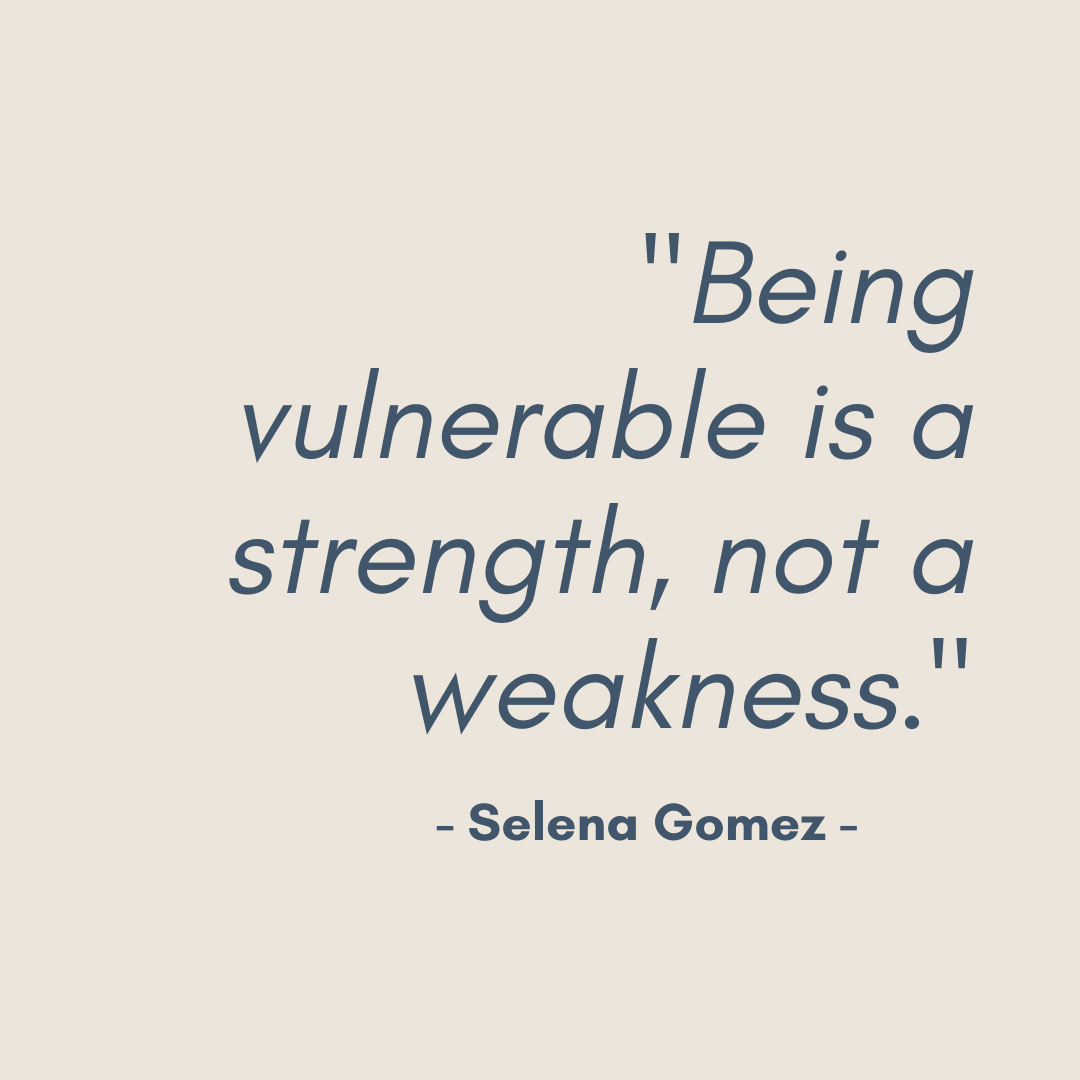The Role of Family and Community in Women’s Rehabilitation
The Agragati Foundation’s blog post on the role of family and community in women’s rehabilitation is a timely and important one. Women who are struggling with addiction, abuse, or other mental health challenges often face significant challenges in their recovery. However, the support of family and community can play a vital role in helping women to heal and rebuild their lives.
The importance of family support
Family members can play a crucial role in supporting women in their recovery. They can provide emotional support, practical help, and encouragement. Family members can also help to hold women accountable for their recovery goals and to celebrate their successes.
Here are some specific ways that family members can support women in recovery:
- Offer emotional support: Let your loved one know that you are there for her and that you believe in her. Be a listening ear and offer support without judgment.
- Provide practical help: Help your loved one with practical tasks such as childcare, transportation, and meal preparation. This can help to free up her time and energy so that she can focus on her recovery.
- Encourage her recovery goals: Talk to your loved one about her recovery goals and offer your support. Help her to develop a plan to achieve her goals and to stay on track.
- Celebrate her successes: Acknowledge and celebrate your loved one’s successes, no matter how small they may seem. This will help to boost her confidence and motivation.
The importance of community support
In addition to family support, community support can also be essential for women in recovery. There are a number of community resources available to women, such as support groups, sober living facilities, and job training programs. These resources can provide women with the support and resources they need to succeed in their recovery.
Here are some specific ways that communities can support women in recovery:
- Provide support groups: Support groups can provide women with a safe and supportive space to share their experiences and connect with other women who are also in recovery.
- Offer sober living facilities: Sober living facilities can provide women with a safe and supportive place to live while they are in recovery. These facilities often offer structured programming and support services to help women stay on track with their recovery goals.
- Provide job training programs: Job training programs can help women to develop the skills they need to find employment and build careers. This can help to improve their financial situation and reduce their risk of relapse.
Conclusion
The support of family and community is essential for women in recovery. By providing women with emotional support, practical help, and encouragement, family members and community members can help women to heal and rebuild their lives.

The Role of Family and Community in Women’s Rehabilitation
Additional Thoughts…
In addition to the above, here are some other ways that family and community members can support women in recovery:
- Educate yourself about addiction and recovery: The more you know about addiction and recovery, the better equipped you will be to support your loved one. There are a number of resources available to help you learn more, including books, websites, and support groups for family members.
- Be patient and understanding: Recovery is a process, and it takes time. Be patient with your loved one and understand that there may be setbacks along the way.
- Set boundaries: It is important to set boundaries with your loved one, even if she is in recovery. This means not enabling her addiction or allowing her to take advantage of you.
- Take care of yourself: It is also important to take care of yourself while you are supporting your loved one in recovery. This means making time for your own needs and seeking support from others when you need it.
If you are a woman in recovery, please know that you are not alone. There are people who care about you and want to help you succeed. Reach out to your family, community, and other support resources for the help you need.



